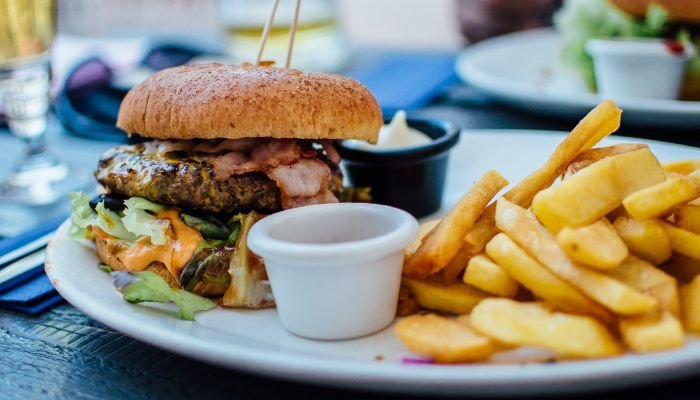
In a bid to tackle lifestyle diseases in the country, Columbia recently passed a new law putting a tax on ultra-processed foods, the Guardian reports.
Referring to it as the ‘junk food law’, this new bill is the first of its kind in the world, which according to reports, may set an example for the other countries.
According to a report in the Guardian, after years of campaigning, the “junk food law” came into force just recently and a levy will be introduced gradually.
“An additional tax on affected foods will begin at 10 per cent immediately, rising to 15 per cent next year and reaching 20 per cent in 2025,” the report reads.
According to the website, Health Policy Watch, ultra-processed foods facing taxes are those with high added sugars, salt, and saturated fats, including sausages, cereals, jellies and jams, purees, sauces, condiments and seasoning.
Reports further read that an average Colombian consumes 12gm of salt a day, which makes the highest rate in Latin America and among the highest in the world. Such excess consumption of sodium leads to various health hazards including high blood pressure, obesity and more.
In fact, a study by researchers at Columbia Mailman School of Public Health found that higher consumption of unhealthy retail food was associated with a higher risk of delivering a baby that was large for gestational age.
The report in the Guardian further reads that Colombia is also introducing mandatory health warnings on foods with high content of unhealthy ingredients, such as sugar or saturated fat. And the tax will be applied on the same products that have the health warning label.
 Weekly Bangla Mirror | Bangla Mirror, Bangladeshi news in UK, bangla mirror news
Weekly Bangla Mirror | Bangla Mirror, Bangladeshi news in UK, bangla mirror news







